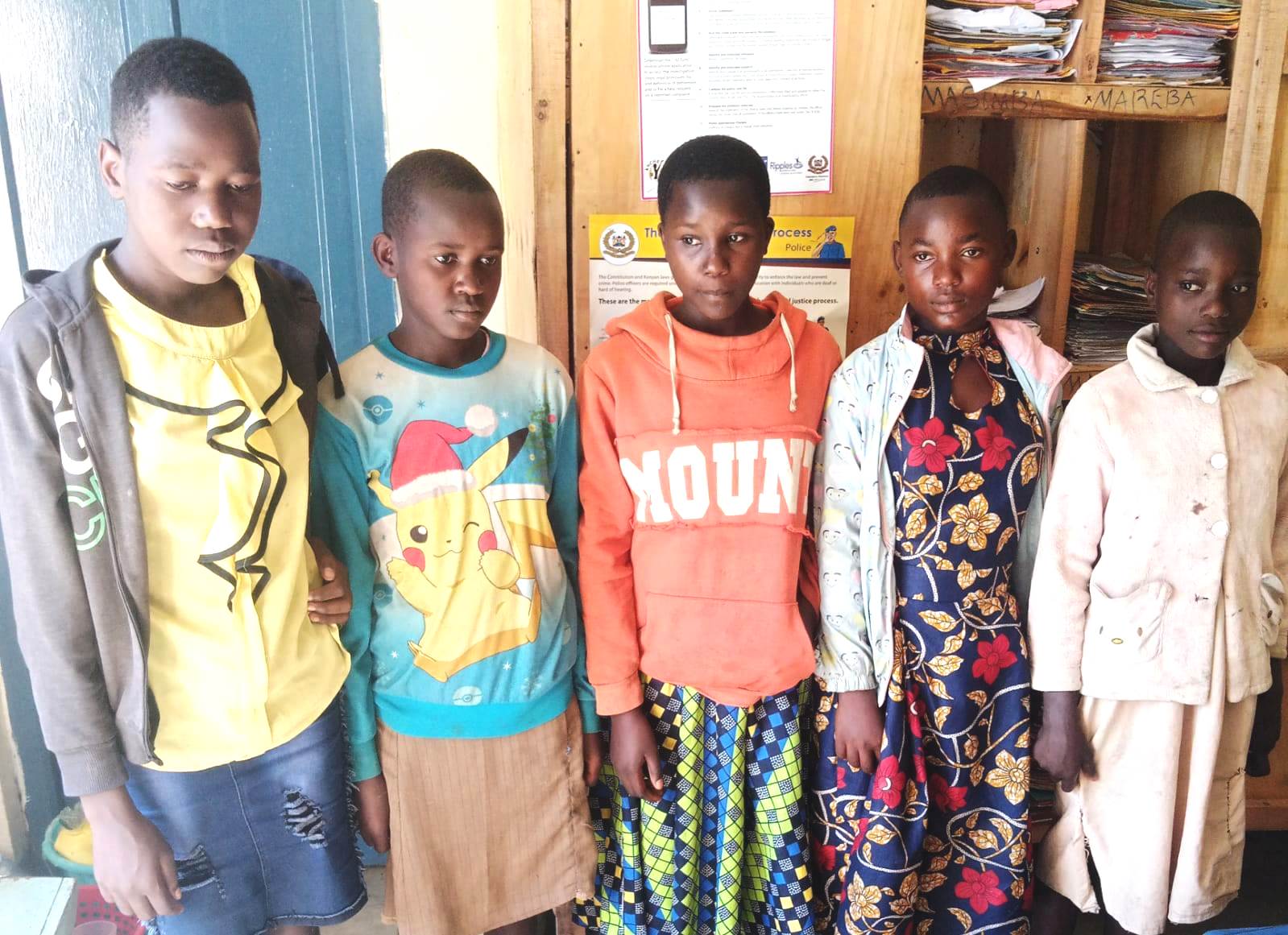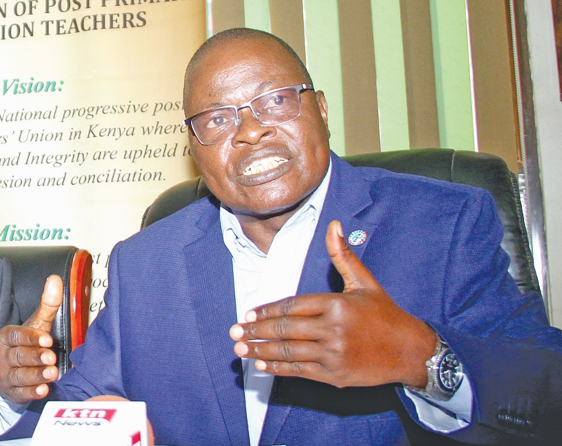By Norah Musega
Kenyan and Tanzanian security agencies have rescued over 50 Kuria girls from undergoing Female Genital Mutilation (FGM) and arrested several suspects in a joint operation intended to curb the practice in the two countries.
This comes barely a week after the agencies and stakeholders from the countries met to streamline operations against the vice.
“We organized the joint meeting and through sharing intelligence, we have zeroed down on notorious circumcisers who are stationed in border villages,” Charles Olwamba, an officer with Amref Health Africa said.
Olwamba said that because of the heightened scrutiny, boda boda operators in the region have been hired to do facilitate the practice at night from door to door expressing fears that school opening slated for January 24 will see more cases of school drop outs as a result.
He noted that the meeting has supported several activities against the vice across the border and soon they will help marshal resources to put up rescue centers for girls.
“We need to fast-track reported cases and also harmonize laws against the vice between the two countries as they are a bit lenient in Tanzania,” Olwamba said.
Daudi Ibrahim, the Tarime district police boss in Tanzania and Andrew Mwiti, the Kuria West sub-county commissioner said sharing intelligence has led to timely nabbing of suspects.
“We will stop circumcisers and girls from moving across the border for the cut and evading justice. We have been sharing information on time and have several of them being monitored through intelligence that reaches us,” Ibrahim said.
Mwiti said on December 8, a raid at Ntunyigi village at the border managed to rescue five girls aged between 12 and 13 years from undergoing the cut.
“We held the minors at Kehancha Police Station as their parents and circumcisers escaped,” Mwiti said.
Mwiti said the government will bolster the gains made in eradicating the vice and ensure a conducive learning environment for girls.
“President Ruto has picked anti-FGM fight commitment from where his predecessor left and as government we will include all other stakeholders to tackle and eradicate the vice completely,” Mwiti said.
From August, stakeholders from the two countries have been organizing several meetings which included elders, boda boda riders, chiefs and local police – a practice that has since borne fruit.
The riders are targeted as they are the main means of transport along the borders and their capability to penetrate impassable roads and they are also in close contact with the local community.
The four Kuria clans of Bwirege, Nyabasi, Bugumbe and Bukira of Kenya as well as Renchoka and Bumera clans in Tanzania are planning for the cut even as data from the Anti-FGM board indicate that about 3,000 girls were subjected to cross border FGM in 2020 in Kenya while the Bumera of Tanzania and Renchoka subjected more than 800 girls to FGM.
“We have girls and families who cross the border from both sides for the cut. This can be stopped by increasing vigilance for arrests, this is our main agenda,” Migori County Gender Director Kenneth Oomo said.
According to the official, the impact of FGM activities at the grassroots level has reduced by 50 percent, adding that they are still on course hoping to wipe out the vice entirely from the region by the end of this year.






